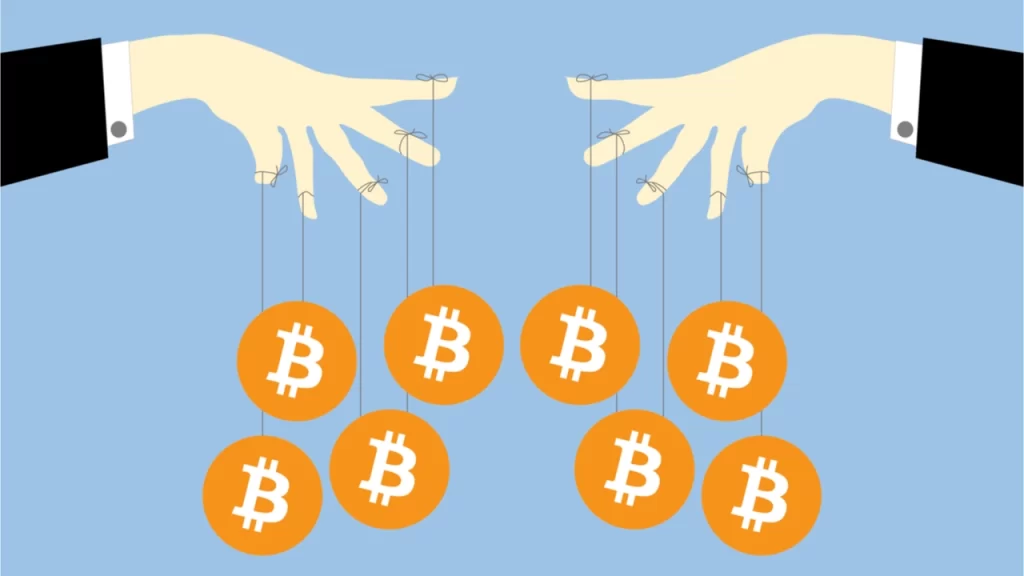Crypto scammers are targeting an increasing number of Kenyans.
During a symposium on risks to law and order in Kenya, Kenyans lost about $120 million to cryptocurrency scams, according to the cabinet secretary of Kenya’s Ministry of Information and Technology, Joe Mucheru.
Kenyans, according to reports, are being dragged into many of these situations because they lack all of the necessary information.

When it comes to investment and asset protection, the cabinet secretary has requested the media to delve deeper into these areas and provide readers with relevant information.
According to the official, more Kenyans will be safeguarded from bitcoin scams if more reporters and journalists continue to publish and spread accurate information.
The most common sorts of crime in 2021 were fraud and theft, which were largely carried out through hacking of cryptocurrency companies and have continued to this day.
However, at the time of writing, no new figures on the rate of such frauds for this year were available.

According to the North American Securities Administrators Association (NASAA), users should exercise caution before investing in popular, unregulated investments such as bitcoin and other digital assets.
According to Joseph Rotunda, vice chair of NASAA’s Enforcement Section Committee, investments in cryptocurrency depository accounts, tokens, trading programs, and mining pools “should be seen for what they truly represent” and are “extremely risky, with a high risk of loss.”
Kenya, like many other African countries, is plagued by fraudulent enterprises masquerading as legitimate ones.
For example, in December 2021, a Kenyan businessman was charged with scamming investors with his Aidos Kuneen cryptocurrency.
Investors in the businessman’s phony digital currency reportedly lost more than $140 million, according to reports.
Financial solutions created on top of blockchain technology that do not rely on central middlemen or mediators are referred to as decentralized finance.
The digital currency market has only lately piqued the curiosity of investors. DeFi system development, on the other hand, comes with its own set of transactional and user difficulties.
Withdrawals from the Decentralized Exchange (DEX) liquidity pool are a type of exit fraud in which software engineers depart a project and flee with the funds of investors by removing the Decentralized Exchange (DEX) liquidity pool from the market.
In the DeFi environment, rubbing one’s nose in one’s work is a typical occurrence. This is particularly true on decentralized exchanges (DEXs) like Sushiswap and Uniswap, where dishonest token producers can create and advertise their coins for free without having their work thoroughly verified and evaluated.



